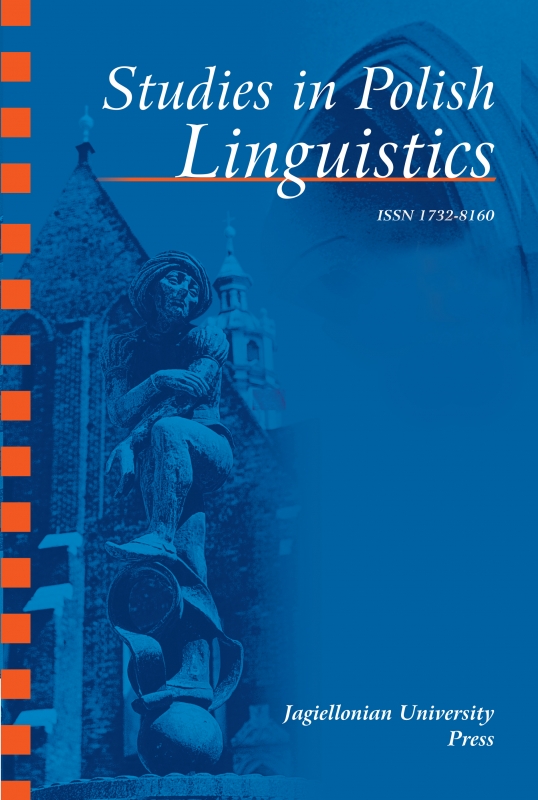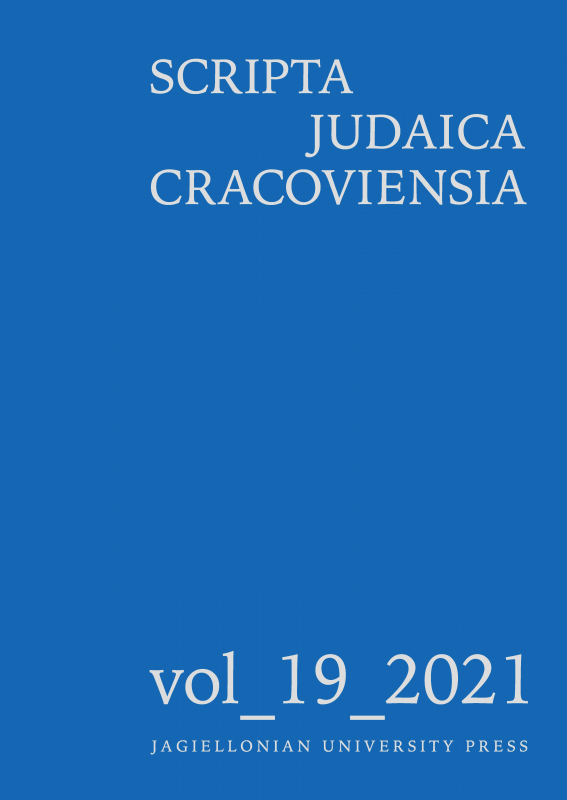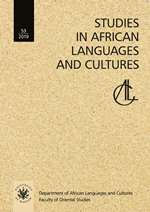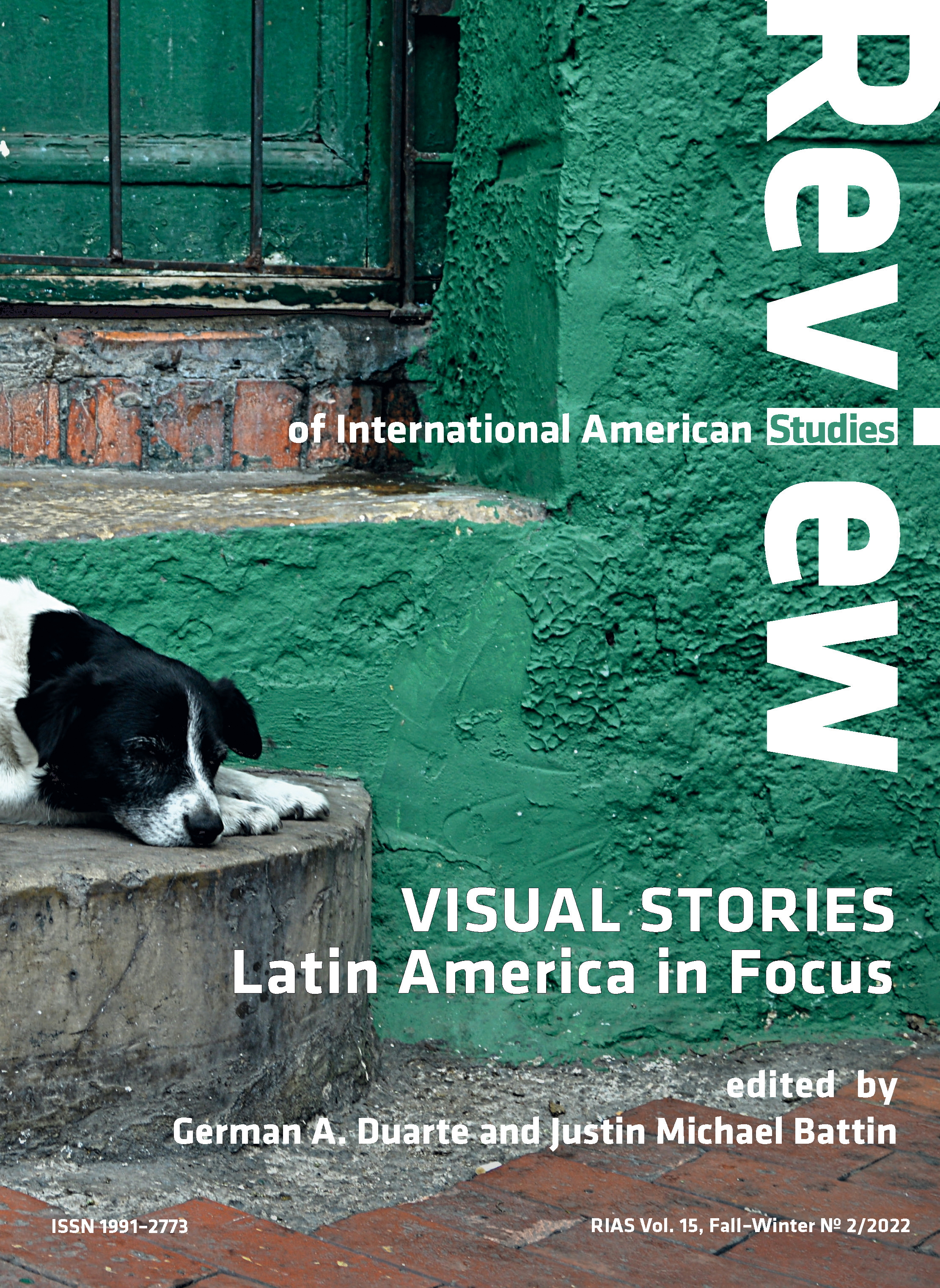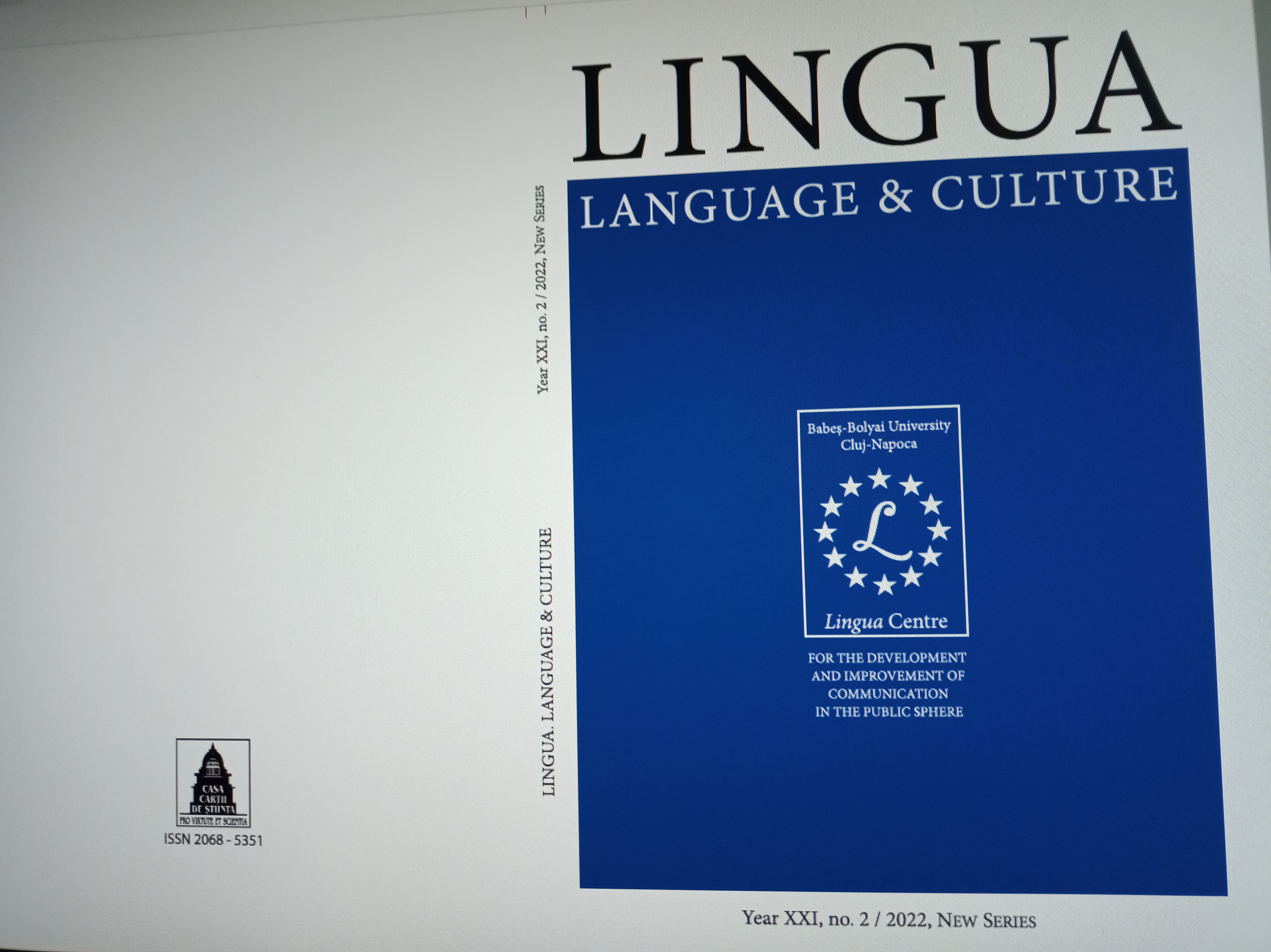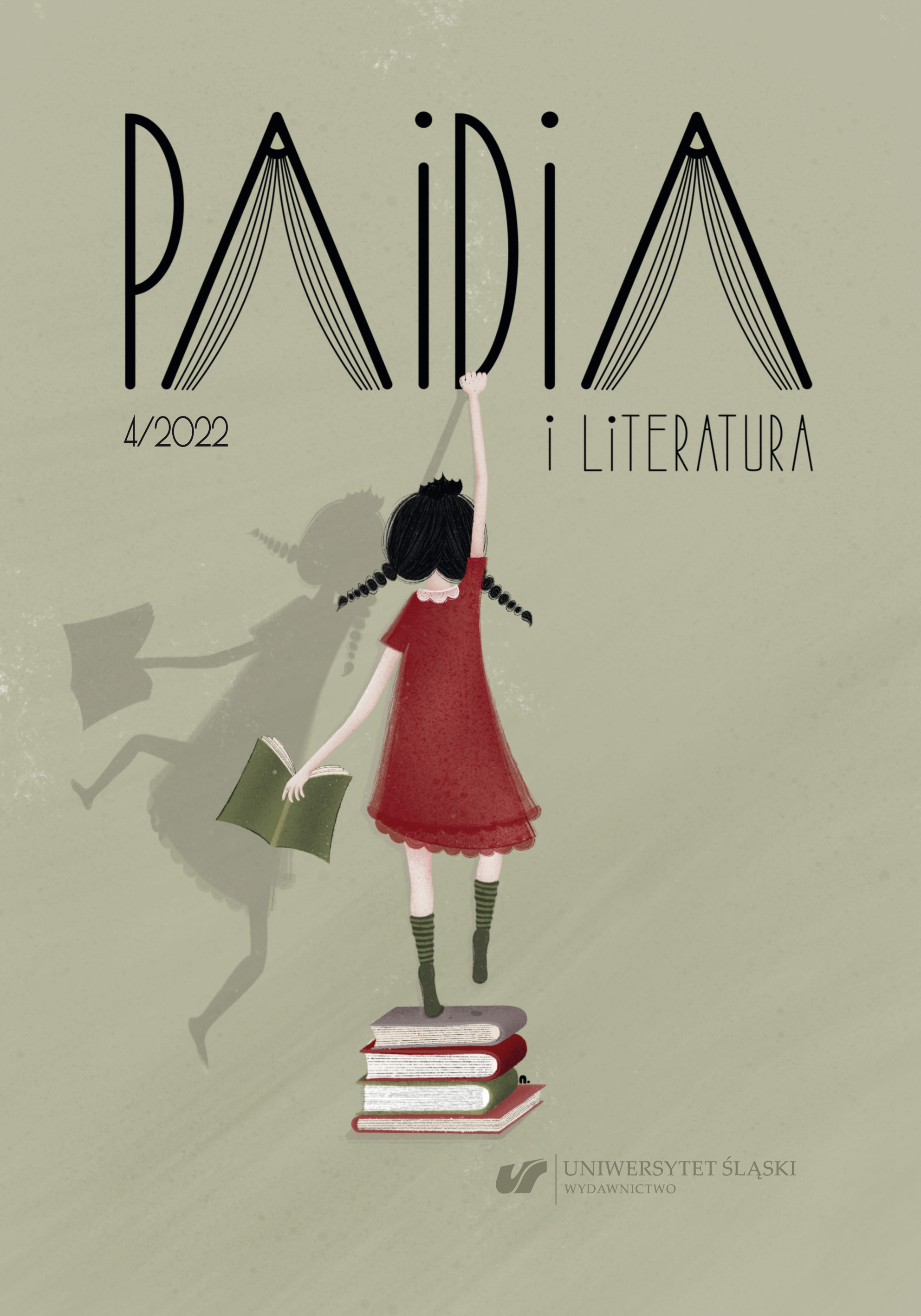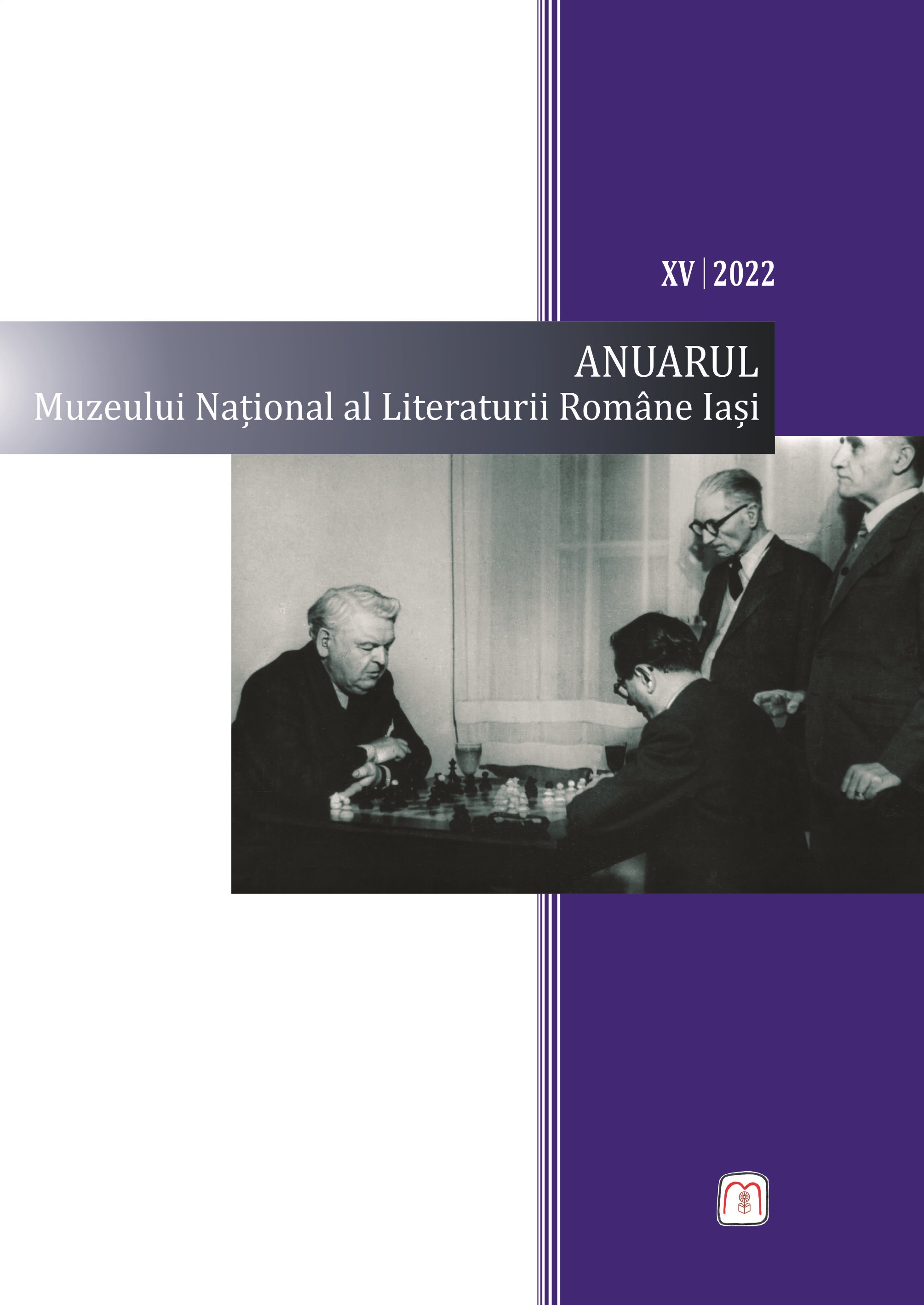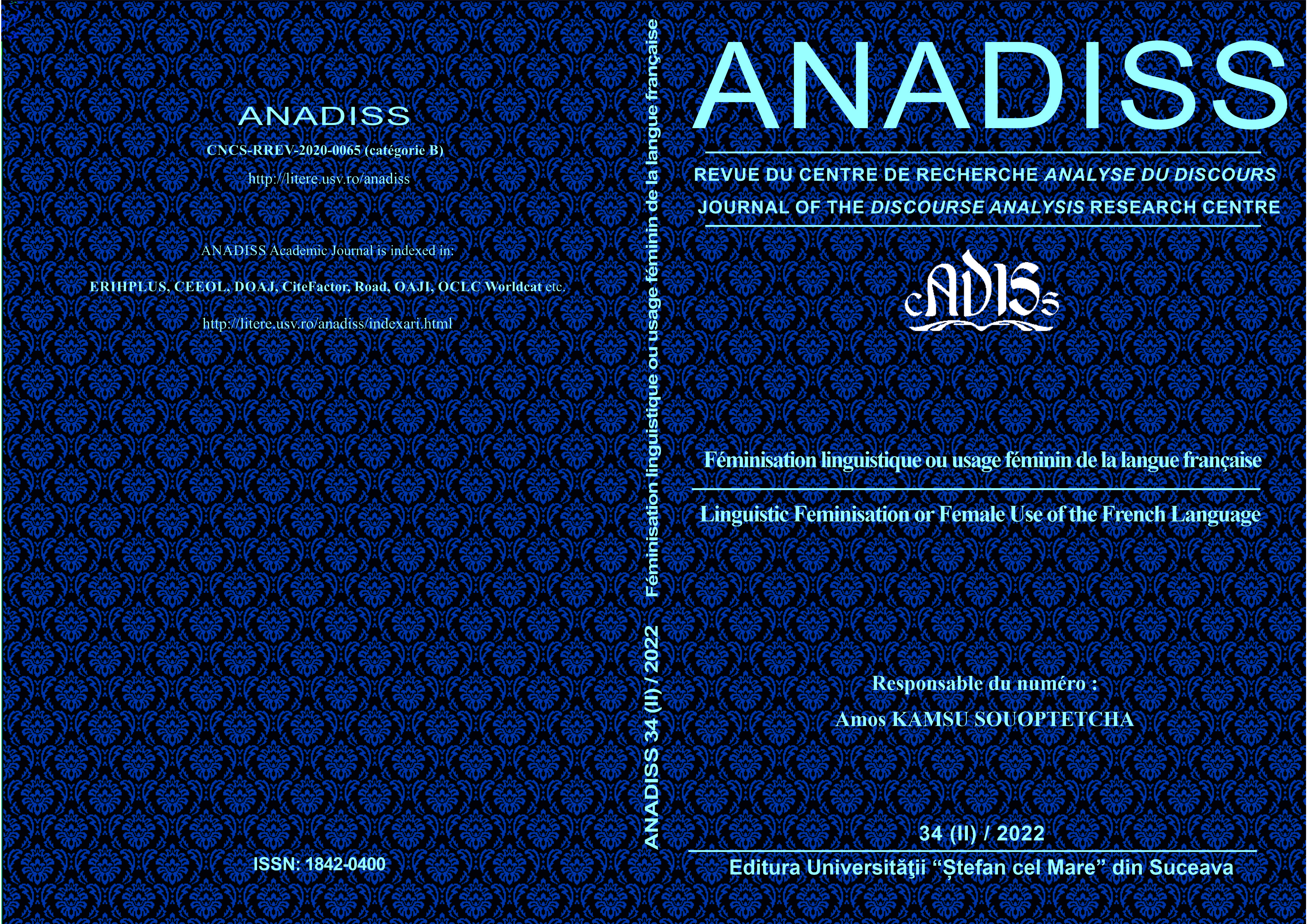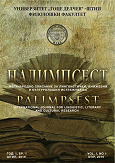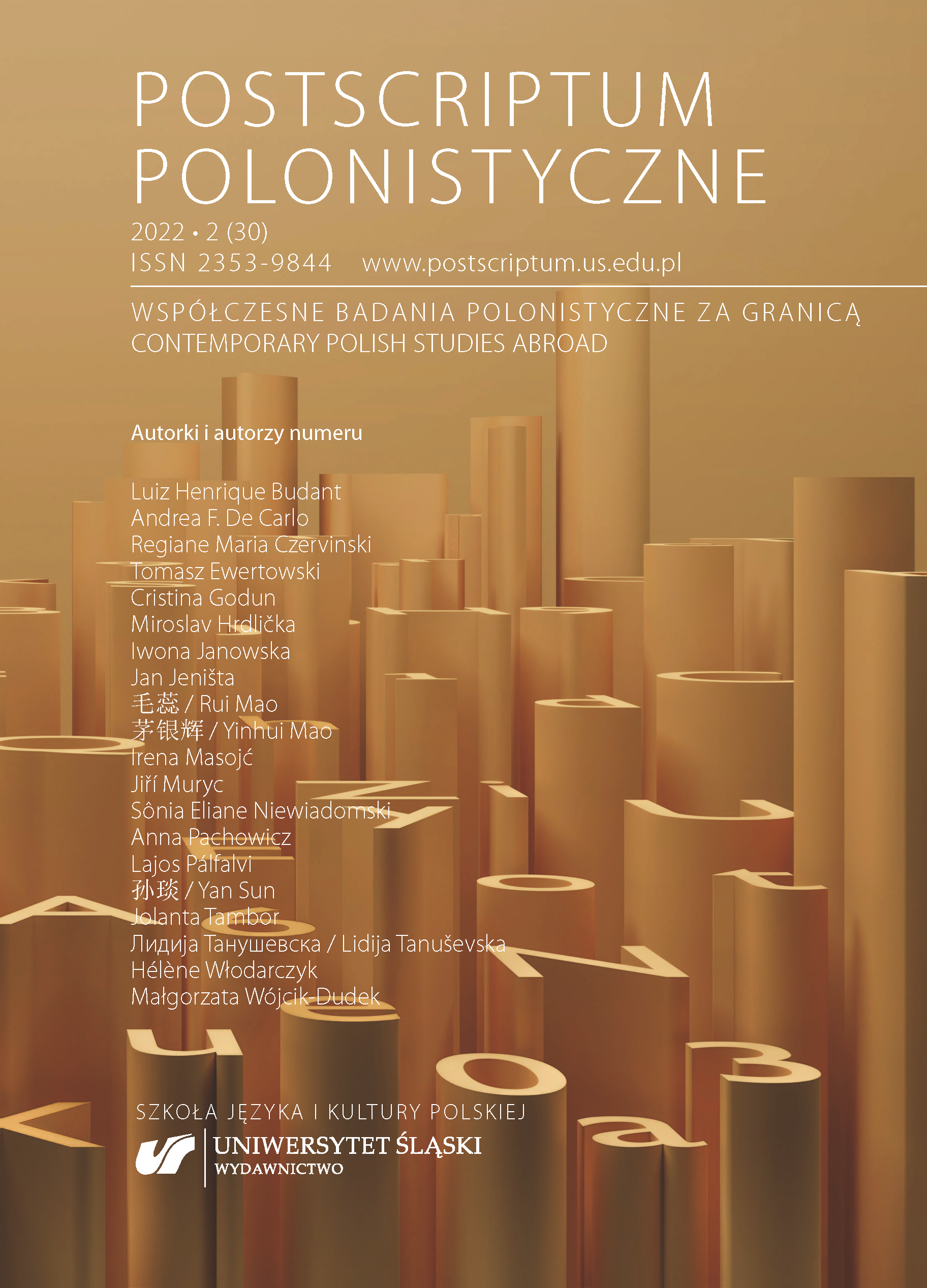Author(s): Aleksandre Mgebrishvili / Language(s): Georgian
Issue: 5/2022
Local Machabelis living in Tskhinvali’s region greatly contributed to a region’s fame and significantly deepened its literary and cultural traditions. First of all, on this matter we need to mention a name of the journalist, editor and unique translator of Shakespeare’s plays and poems Ivane Machabeli1.As T. Nutsubidze said – In translations of Machabeli every word is so naturally comprehensible, as if it is an original Georgian works of literature…One of the main factors of remarkable success and significance of Machabeli translations are clarity of thoughts, expressiveness and an intensity of poetic impact. It is an amazing possibility for Georgian readers to feel and acknowledge remarkable greatness of an outstanding English playwright. (Nutsubidze 2010, page 122)Among with Ivane Machabeli, at various times, there were interesting and effective works done by Davit - son of Bardzimi Machabeli, Luarsab Machabeli, Svimon Machabeli, Vasil Machabeli, etc. Along with others, from the second half of XIX century, Alexandre son of Davit Machabeli has done an interesting works.From the start of XX century, he is actively engaged in activities of society for the spreading of literacy among Georgians.Relying on V. Gaguas opinion, ,,Society for spreading literacy’’2 has made a remarkable impact on improving educational systems and culture in general for Georgian people. In 1880 society had 245 members, 1883 years – 311, 1885 years – 376, among them – two honorary members3. The authority of the society and increased number of its members, gave a chance to spread the work on wider. (Gagua, 1979, Page 8)Some of the scientists believe that, XX century was the new stage/era in life of ,,Society for spreading literacy’’. We agree this opinion, but partly. We consider this period of time as a start of new stage/era in the life of Society but from a bit later, 1907-1908 years. After Giorgi Kazbegi was elected as a chairman of the society, it became obvious that it was essential to make a more close relations with isolated provinces.In his ,,memoirs’’, while describing G. Kazbegi, G. Laskhishvili pointed, that he was loyal and diligent figure for the ,,Society for spreading literacy’’. Every progress and improvement from those years in the activities of the society was initiated by him. (Laskhishvili 1934, page. 257),,The board of ,,Society for spreading literacy’’ has not had enough resources to cover all the various challenges and cultural works entitled to it by time and necessity. The province was notably isolated from the center. This fact was well-understood by the board of the society, so from the 1880 years, they decided to form helping agents in a different part of the regions, whose main work was to find a new members and help collecting membership fee’’. (Khundadze 1960, page 88)The statute4 modernised by Davit Karichashvili in 1905 was established by government only in 1907. With other details, statute included special modification in 25th article about societal authority of establishment new local departments. In turn, authorities of organisation took responsibility to send an official acknowledgment to the Tbilisi governor about every newly established local department.It was a start of the new era for ,, Society for spreading literacy among Georgians’’. As T. Khundadze would say, until that time, the heads of ,, Society for spreading literacy’’ communicated with regions through representatives, which was less effective and efficient. The establishment of local departments alerted every conscious Georgian, united around society and made them interested and involved in cultural activities. From 1908-1909, ,,Society for spreading literacy’’ became mass organization (Khundadze, 1960, page. 93).
More...

